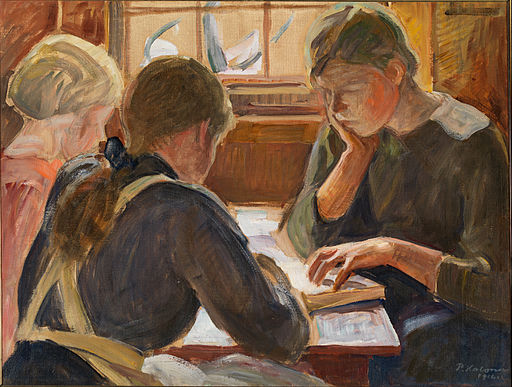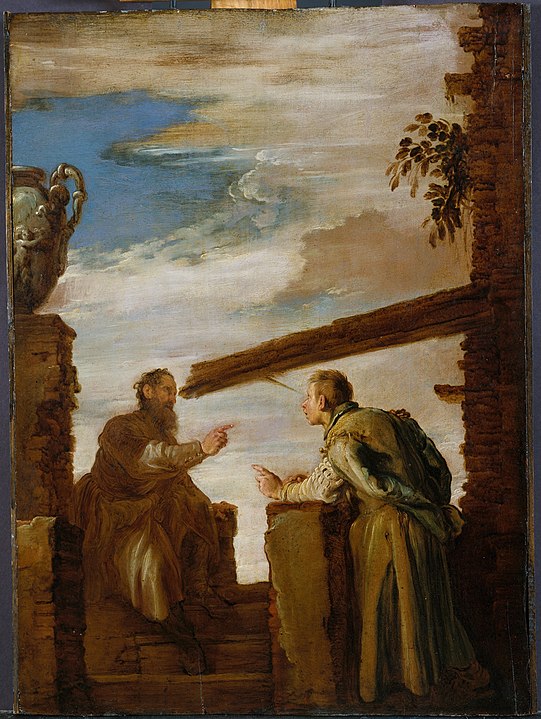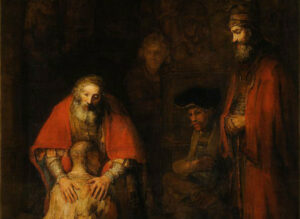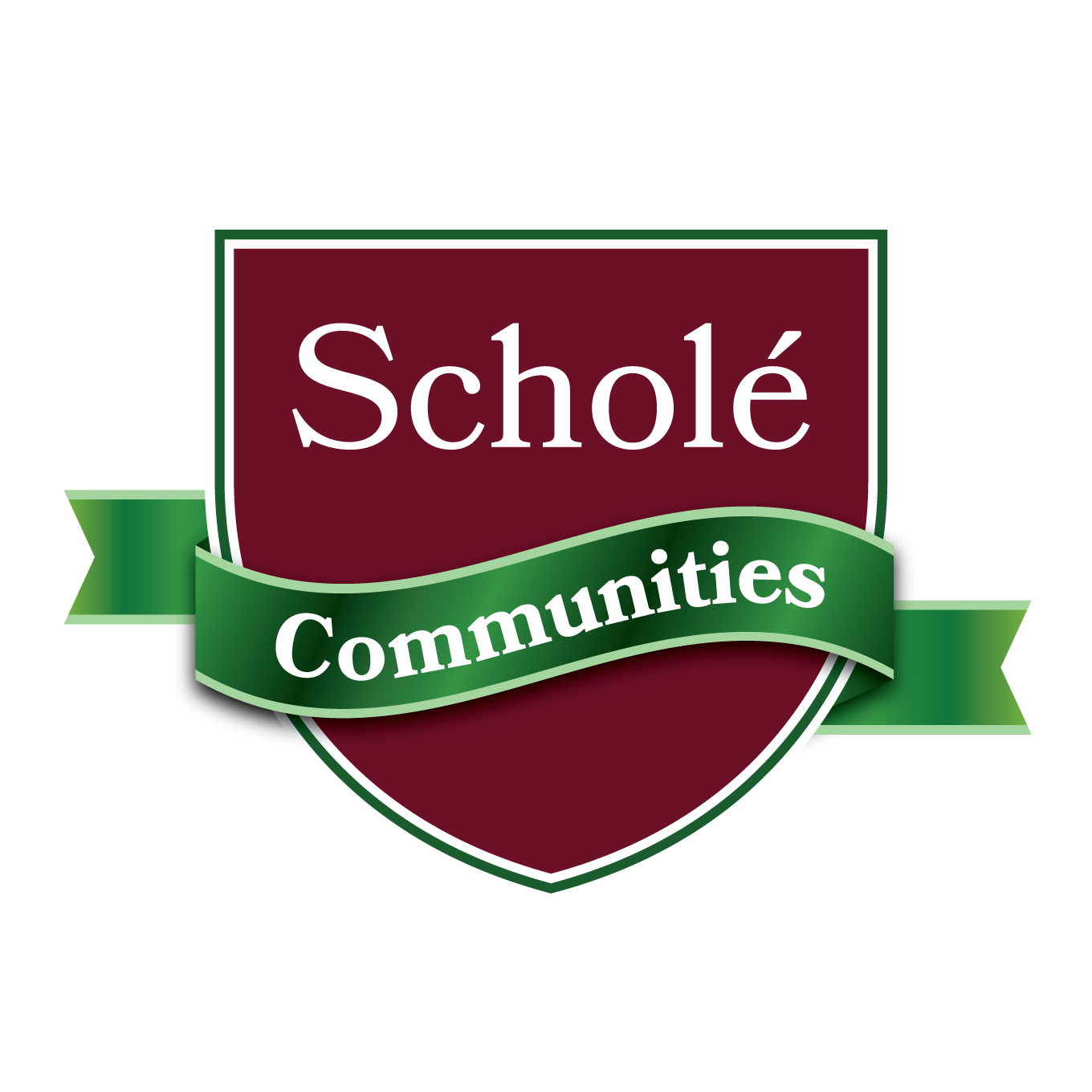Schole Communities Blog

Why Children Must Learn Church History
With so much to teach our children and so little time, why should we include church history? What did Isaac Newton mean when he said he could look further because he stood on the shoulders of giants?

We Look at Time a Little Differently
Before 43 BC, the Romans employed a lunar calendar. Lunar calendars had been widely used since very ancient times in many cultures because the phases of the moon are clearly visible to even a non-astronomer. To calculate the passage of time according to the phases of the moon we only need to look up to the sky.

Why You Should Read Russian Literature
It was the kind of question that a professor longs for, and the student asked it with genuine interest. In an age when we scan articles in minutes and read more tweets than books, the question is fair. Russian novels are usually hundreds of pages long, filled with more darkness than our sunny American dispositions are used to, and the characters have between two to three names each, one more unpronounceable than the next. And yet . . .

Killing Ophelia: Variations on the Theme of the Older Brother
It is said that there are two kinds of people in the world: those who distill people into two kinds of people, and those who do not.
I am a member of the former group and my favorite way to do said categorizing utilizes two archetypes within the prodigal son narrative: Prodigals and Older Brothers. When Christ came to reconcile all things, he told us our story: the good Father who gave a holy inheritance, the Prodigal son who squandered it, and the Older Brother who refused to acknowledge it as lost, thus striving his whole life to earn what can only be given. The difference between them is fundamental: what motivates them? Prodigals are desire-driven people; Older Brothers are duty-driven.

The Chief End of a Homeschool Co-op, Part II
In last month’s post, Tracy reminded us that education is an intensely spiritual process because it is inextricably linked with our sanctification. As Christians who are educating our children, our end goal is for our children to become more like Christ and to be faithful servants to whom He will one day say “well done”. Ultimately, we do this by developing their gifts and talents, not to gratify themselves, although there is joy in doing what God created you to do, but chiefly to glorify and serve Him.

The Chief End of a Homeschool Co-op, Part I
The following is a talk I used to give to our local classical co-op at the beginning of each school year. In delivering it, I hoped to give our parents a few minutes to move back from all the details of beginning a new school year, in order to contemplate the why of education, and how we hoped to accomplish this through meeting together as a co-op.
Submit a Blog Post
Use the form below to share (upload) a blog post with the Scholé Communities Network!
